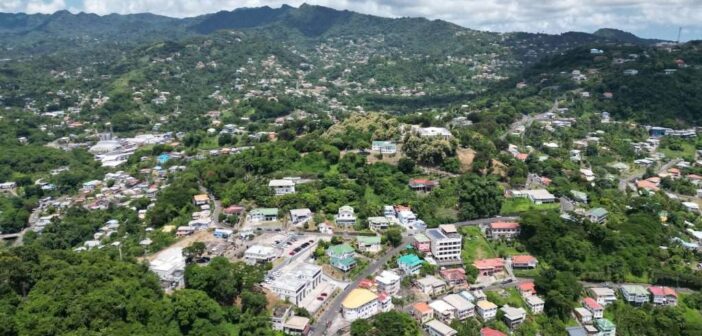The Government of Grenada is making significant strides in its transition to sustainable energy with the advancement of its flagship Geothermal Energy Development Project, which has now entered the critical exploration drilling phase. The long-term objective is to generate up to 15 megawatts (MW) of clean, renewable baseload power— delivering reliable electricity to the national grid while reducing dependence on imported fossil fuels.
Building on comprehensive surface-based geoscientific investigations conducted in 2015, the next major milestone will take place in 2026 with the drilling of two exploratory wells: one at Plaisance, St. John, and another at Tricolar, St. Patrick. These exploratory activities are essential to confirm the commercial viability of the geothermal resource. While surface studies provide initial insights, only drilling can determine key subsurface characteristics—such as temperature, pressure, and fluid flow—required to support a utility-scale geothermal power plant.
If the findings confirm a viable geothermal resource, the most promising site will be selected for further development. This will include:
- Engaging a qualified geothermal developer.
- Drilling production and reinjection wells.
- Designing and constructing the steam field and geothermal power plant. • Developing the transmission infrastructure necessary to integrate this renewable energy into the national grid.
The potential national benefits of a 15 MW geothermal plant are transformative. If operational today, it would:
- Supply up to 44% of Grenada’s current electricity needs—effectively powering all households. • Offset over 5.5 million gallons of diesel imports annually.
- Avoid more than 25 million tonnes of carbon dioxide emissions over a 25-year period. • Stabilise and potentially reduce electricity prices while enhancing national energy security.
The project is currently supported by a coalition of international partners through grant financing and technical assistance. These include:
- The Caribbean Development Bank (CDB).
- The UK Foreign, Commonwealth & Development Office (FCDO).
- The Government of New Zealand, providing engineering support via the Aotearoa New Zealand Caribbean Facility for Renewable Energy (FRENZ).
Community engagement, environmental stewardship, and transparency remain at the heart of the project’s implementation. As Grenada continues to chart a low-carbon, climate-resilient development path, the geothermal project stands as a cornerstone of national efforts to achieve long-term energy independence and sustainability.
